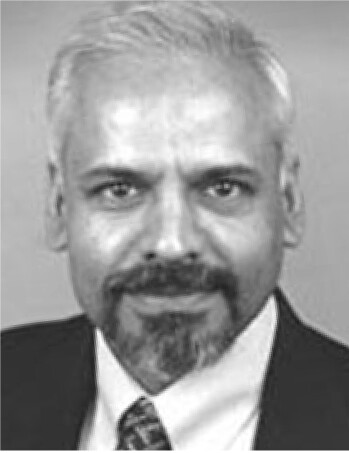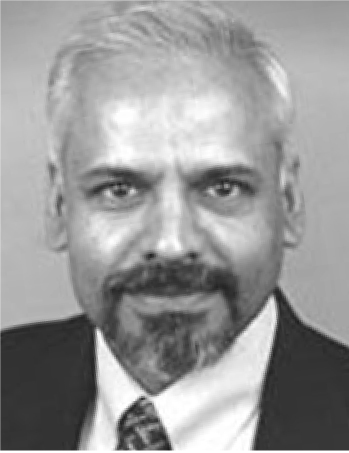Sreenivasan Called to Head ICTP
DOI: 10.1063/1.1564341
This spring, Katepalli Sreenivasan will become the third director—and the first experimentalist—to head the Abdus Salam International Centre for Theoretical Physics in Trieste, Italy. Sreenivasan, a 55-year-old fluid physicist at the University of Maryland, College Park, will succeed Miguel Virasoro, who stepped down this past May because he had reached the mandatory retirement age of 62. Virasoro has returned to the University of Rome I (“La Sapienza”). Serving as ICTP interim director until Sreenivasan begins his five-year term is Erio Tosatti, a condensed matter theorist from the neighboring International School for Advanced Studies.
Founded in 1964 by Pakistani theoretical physicist and future Nobel laureate Abdus Salam, the ICTP aims to foster the growth of advanced studies and research in physics and mathematics in developing countries (see the article by Juan Roederer, Physics Today, September 2001, page 31
The ICTP is home to two dozen or so permanent researchers and twice as many postdocs. It offers master’s degree programs and hosts workshops and conferences. Over the years, scientists have logged some 80 000 visits at the ICTP, with two-thirds coming from developing countries. Currently, the four main areas of research at the center are high-energy and condensed matter physics, mathematical sciences, and the physics of weather and climate. ICTP’s approach is to deal with people rather than institutions, says Tosatti. “Our role is to identify people all over the world who work in difficult conditions, bring them over, and provide good exposure to science and an opportunity to work. Then we encourage them to go back, keeping in touch when they need to recharge their batteries.”
In 2001, Italy added ₠5 million (roughly $5.3 million) to the ICTP’s budget, bringing the total to about ₠ 20 million a year. In addition to the Italian government, which provides the largest share of the funding, the International Atomic Energy Agency and the United Nations Educational, Scientific and Cultural Organization (UNESCO) sponsor the center.
“It’s a healthy institution, and we would like to make it even stronger by bringing in significant additional funds from other countries”, says IBM physicist Praveen Chaudhari, who served on the ICTP’s search committee and chairs the center’s scientific advisory council. One challenge for Sreenivasan, he adds, “will be to increase the range of research fields and the number of world-class researchers at the ICTP.” Another goal, adds Tosatti, “will be to infect the rich countries with appreciation for our work. We are not just helping young scientists, we are helping world politics.” By bringing scientists from around the world together, says Tosatti, “differences disappear. We don’t think we can solve the world’s problems, but it’s a step in the right direction.”


More about the authors
Toni Feder, American Center for Physics, One Physics Ellipse, College Park, Maryland 20740-3842, US . tfeder@aip.org





